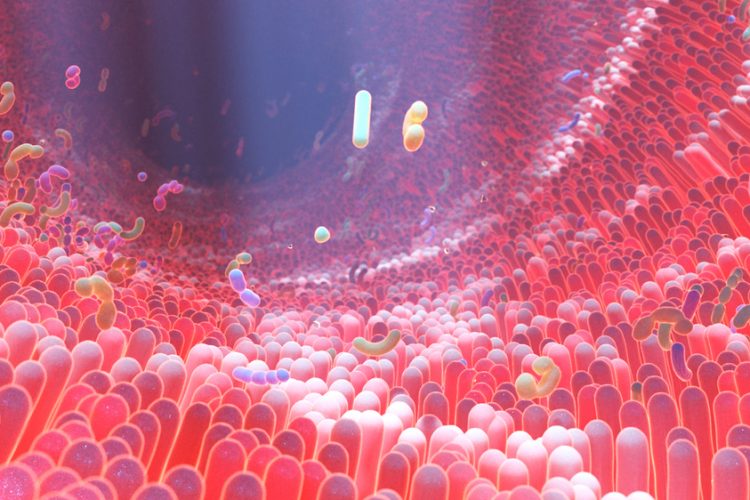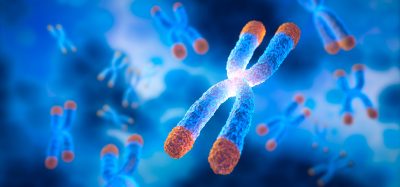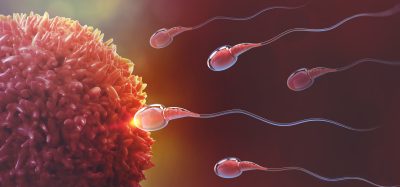Researchers reveal how microbiome bacteria adapt through transmission
Posted: 9 August 2021 | Anna Begley (Drug Target Review) | No comments yet
Scientists have used genetic sequencing to demonstrate how the transmission of gut bacteria influences its evolution and functions, which could effect human health.


Novel research conducted by scientists at the Wellcome Sanger Institute, UK, has revealed how bacteria in the gut microbiome use different means to transmit from one person to another, helping them evolve and adapt to humans. Their findings may shed further light on the roles of specific bacteria in the microbiome and how this impacts human health.
The team investigated firmicutes bacteria which are dominant in the human microbiome and produce spores. The researchers analysed the genomes of 1,358 firmicutes and tracked the evolution of certain characteristics, including spore production. They observed that gut bacteria that form spores were found at lower abundances in the gut and had larger genomes compared to those that had lost the ability to produce spores. Within their genomes, they also had more genes associated with carbohydrate metabolism and vitamin biosynthesis.
Firmicutes bacteria that could no longer form spores had smaller genomes but were present at higher abundances in the gut and had a more specialised metabolism based on genome analysis. They were also less prevalent in the general population, indicating that loss of sporulation limits their ability to transmit widely.
Smaller genomes and more specialised metabolism suggest that bacteria that have lost the ability to sporulate are becoming more adapted to their human host which could allow them to colonise to higher levels in the gut. However, bacteria that still produce spores appear less adapted to humans based on their larger genomes which could explain why they are not as abundant in the gut.
Transmission is thus an important process that shapes the evolution of gut bacteria. According to the researchers, further research is needed to continue to learn more about the link between transmission of gut bacteria and the roles they play in human health. According to the researchers, understanding these processes could help inform therapeutics, such as investigating whether specific bacteria could be given to people based on their ability to colonise and how the differing metabolism of these bacteria could impact health conditions and treatments.
“Even though transmission of gut bacteria between humans is essential for their survival, the genetic and biological features of the bacteria that allows them to do this, is still poorly understood,” said first author Dr Hilary Browne. “This research starts to unravel some of this mystery by analysing the genomes and finding that the ability of bacteria to produce spores has been lost multiple times, impacting their evolution and function. It is necessary to continue looking at the genetic detail of the microbiome to help understand the roles of specific bacteria, and how lacking these might impact human health.”
The findings were published in Genome Biology.
Related topics
Genetic Analysis, Genomics, Microbiology, Microbiome, Sequencing, Therapeutics
Related organisations
Wellcome Sanger Institute
Related people
Dr Hilary Browne







